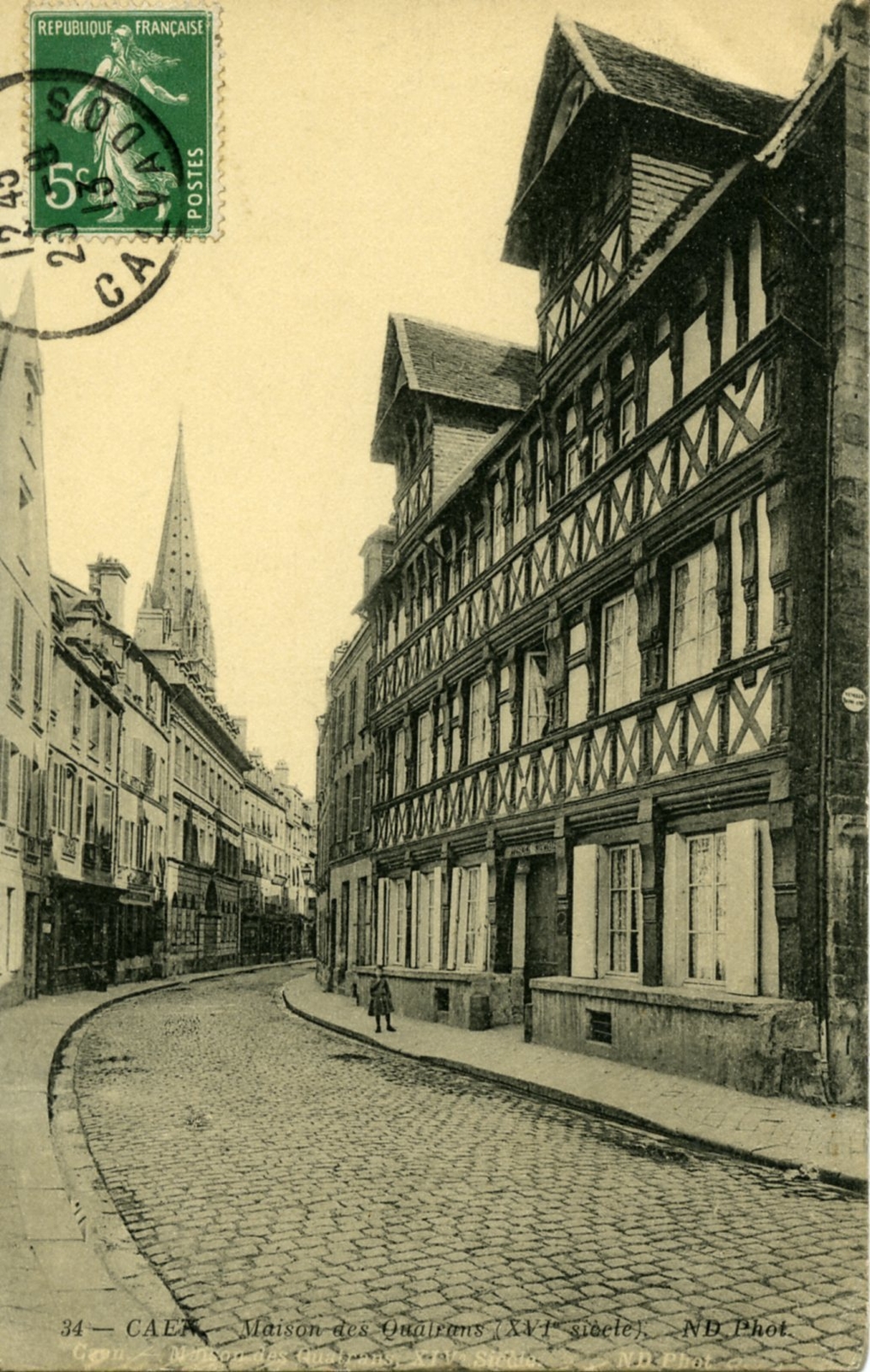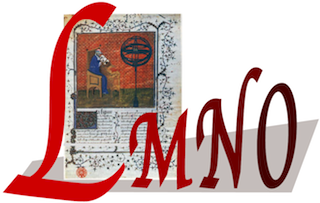Titles and abstracts
Adolfo Ballester-Bolinches: On Dedekind left braces.
The aim of the talk is to present some results about left braces in which every sub brace is an ideal. We call them Dedekind braces. Structural results about Dedekind braces and a complete description of those ones whose additive subgroup is elementary abelian are presented. Dedekind braces whose additive group is non-periodic are also analysed.
Carsten Dietzel: Paraunitary Phenomena
In this talk, I will give an overview of the theory of paraunitary matrices, discuss their
generators and relations in terms of structure groups of orthomodular lattices and close the
talk with a brief discussion of paraunitarity in the absence of symmetry or hermiteanity.
Victoria Lebed: On finite ordered quandles
Orderability is an important and extensively studied property of groups. Weak orderability is probably less fashionable, but still interesting due to its interpretation in terms of topologies on groups. For finite groups, these properties are (almost) trivial. We will show that this is no longer the case for the analogous properties of quandles. The latter are algebraic structures generalising groups with their conjugation operation, and yielding a central example of set-theoretic solutions to the Yang-Baxter equation. The talk will include a reminder both on group orderability and on quandles.
Arne Van Antwerpen: On simple solutions of the Yang-Baxter equation.
In this talk we discuss how the technique of cabling solutions of the Yang-Baxter equation, introduced by Lebed, Ramirez and Vendramin for involutive solutions, can be extended to non-involutive solutions. It is based on recent and ongoing work with I. Colazzo. We show that cabling may be defined on biquandles. In particular, this allows to construct novel solutions from old solutions, which often preserve relevant properties. Indeed, we show that under conditions on the cabling parameter, the cabling of an indecomposable/simple solution is still indecomposable/simple. In particular, this will be applied to extend the celebrated theorems of Rump and Camp-Mora and Sastriques on decomposability of solutions to a non-involutive setting.
Leandro Vendramin: L-Algebras: The Yang-Baxter equation in algebraic logic.
We will discuss interactions between set-theoretical solutions to the Yang-Baxter equation and some structures appearing in algebraic logic. Most of this interplay will be based on the recently introduced theory of L-algebras. Hilbert and Heyting algebras are examples of L-algebras. The talk requires almost no background. We will present examples, problems and conjectures.


